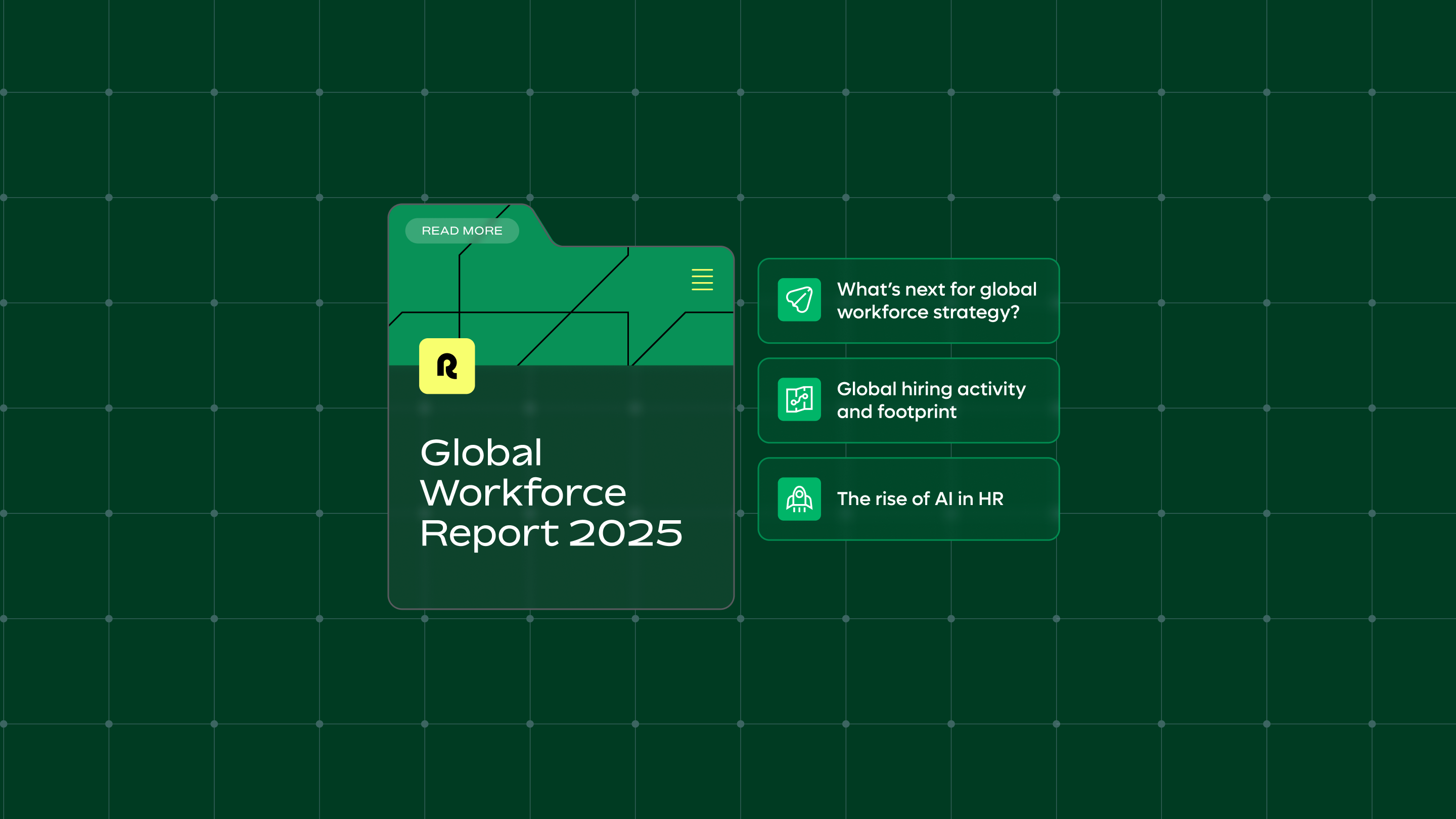Book a demo, see Remote in action
Manage, pay, and recruit global talent in a unified platform
%20Logos%20Library/(Approved)%20Trust%20symbols/lg-xs-g2-reviews-book-demo.webp?width=112&height=114&name=lg-xs-g2-reviews-book-demo.webp)
%20Logos%20Library/(Approved)%20Trust%20symbols/lg-xs-trustpilot-reviews-book-demo.webp?width=122&height=114&name=lg-xs-trustpilot-reviews-book-demo.webp)
%20Logos%20Library/(Approved)%20Trust%20symbols/lg-xs-capterra-reviews-book-demo.webp?width=118&height=114&name=lg-xs-capterra-reviews-book-demo.webp)
Start employing anywhere
We'll answer your questions, walk you through how our platform works, and help you start employing talent compliantly anywhere.
%20Illustration%20Library/051-check-star-stamp.webp?width=132&height=128&name=051-check-star-stamp.webp)
Successfully submitted!
If you scheduled a meeting, please check your email for details or rescheduling options. Otherwise, a representative will reach out within 24–48 hours.

%20Blog%20Images/Blog%20Images/Globe%20with%20interconnected%20team%20members.png)
%20Blog%20Images/Blog%20Images/What%20is%20an%20expatriate%20employee%20%E2%80%94%20and%20is%20using%20one%20the%20right%20choice%20for%20your%20business%3F%20hero%20image.png)
%20Blog%20Images/Blog%20Images/Futuristic%20conveyor%20belt%20processing%20job%20applications%20in%20a%20hiring%20marketplace.webp)
%20Blog%20Images/Blog%20Images/Advantages%20of%20Globalization.png)